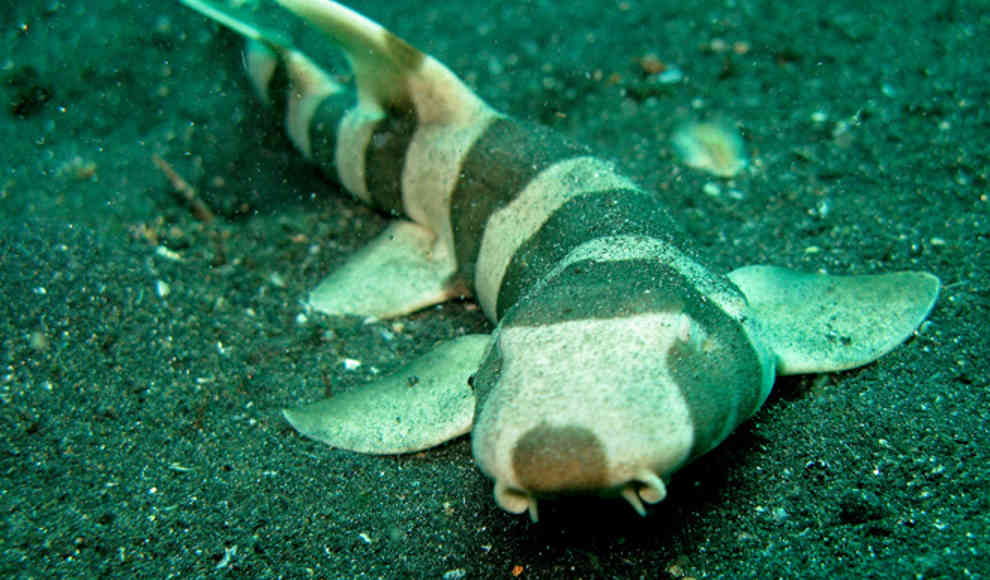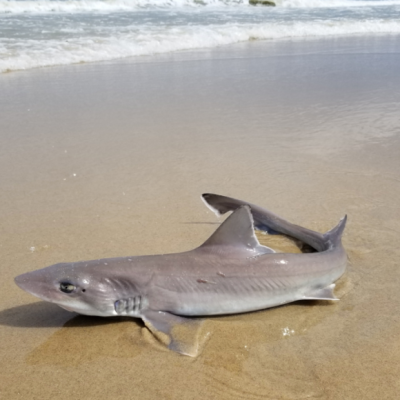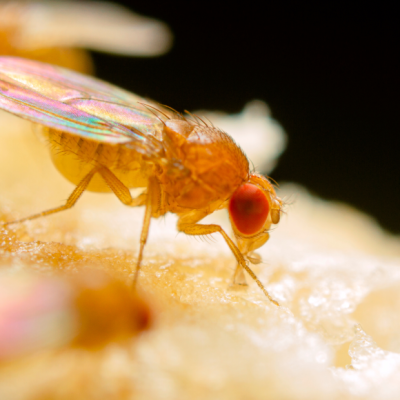In a fascinating discovery, researchers from the University of Western Australia have found that even shark embryos possess a survival instinct. The young of the Brown-banded Bamboo Shark, a species of catshark, are able to detect electrical fields from potential predators while still in their eggs. When exposed to these fields, the embryos enter a state of paralysis, rolling up their tails and slowing their gill movements to avoid detection. This behaviour is thought to be a response to the electric fields produced by predators, which the embryos can detect using the Lorenzini Ampullae, a sensory organ found in adult sharks.
The researchers obtained eleven freshly laid eggs from an Australian aquarium, each of which was grown in a separate Petri dish filled with seawater. The water was then exposed to low-level electrical fields, similar to those produced by predators. The embryos responded by entering a state of paralysis, which the researchers believe is an instinctual response to danger. The researchers were surprised to find that the embryos possessed this survival instinct at such an early stage of development. However, they noted that the embryos did not exhibit this behaviour immediately after being laid, suggesting that the sensory receptors responsible for detecting electrical fields take some time to develop.
This discovery sheds new light on the behaviour of shark embryos and their ability to detect and respond to danger. It also highlights the importance of sensory organs in the survival of sharks, even at the earliest stages of development. The researchers hope that their findings will lead to further research into the behaviour of shark embryos and the development of new techniques for protecting these vulnerable creatures.










